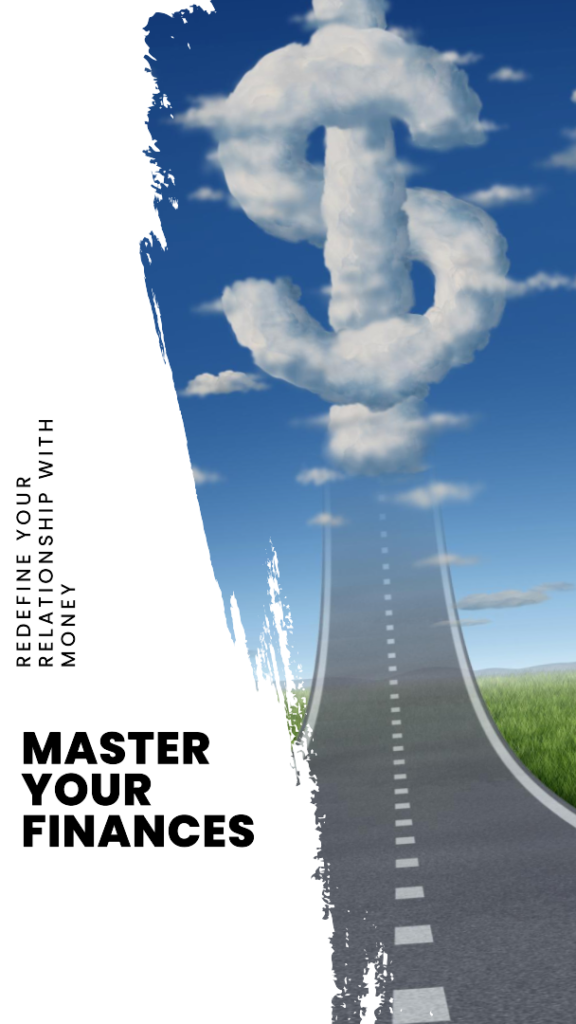Robert T. Kiyosaki’s “Rich Dad, Poor Dad” is a personal
finance book. The book contrasts the financial philosophies and practices of two father figures: the author’s biological father (Poor Dad), a highly educated government employee with a stable but limited income, and the father of his childhood best friend (Rich Dad), a self-made millionaire and successful investor.
Kiyosaki emphasizes the value of financial literacy, how to
make money work for you, and how to take smart risks to develop wealth. He highlights the importance of assets over liabilities, emphasizing that accumulating wealth entails purchasing income-generating assets such as real estate, stocks, and enterprises rather than relying entirely on earned income from a job.
The book challenges readers’ preconceived notions about
money and invites them to reconsider riches and financial success. It promotes a proactive approach to financial education and encourages people to take charge of their financial destiny by making wise investment decisions and cultivating a mindset geared toward financial independence and prosperity.

“Rich Dad Poor Dad” is an exceptional book that ignites the entrepreneurial spirit in readers. Kiyosaki’s words are a reminder that we all have the power to change our financial destiny. The book provides valuable lessons on the importance of investing and taking calculated risks. In contrast to conventional wisdom, it teaches readers that building a secure financial future doesn’t solely rely on saving money and getting an education. With Kiyosaki’s personal accounts, readers are inspired to think outside the box and pursue financial independence through entrepreneurship and investments. This book is a game-changer, steering readers towards a path of financial freedom. Kiyosaki’s unconventional approach towards personal finance serves as the much-needed motivation for anyone seeking financial liberation.
Key Concepts Explored:
- The Importance of Financial Education: Kiyosaki emphasizes the significance of financial education and argues that traditional education does not teach people how to manage money effectively. He believes that a lack of financial literacy is a primary reason many people struggle financially.
- The Difference Between Assets and Liabilities: The book introduces the concept of assets and liabilities. Assets are things that put money in your pocket, while liabilities are things that take money out of your pocket. Kiyosaki stresses the importance of acquiring income-generating assets, such as real estate or investments, to build wealth.
- The Rat Race: Kiyosaki describes the “rat race” as the cycle of working for a paycheck, paying bills, and having little left for saving and investing. He encourages readers to break free from this cycle by acquiring assets that can generate passive income, allowing them to escape the need for a traditional job.
- Entrepreneurship and Investment: Rich Dad advocates for entrepreneurship and investment as paths to financial success. He encourages readers to start businesses or invest in stocks, real estate, or other income-producing ventures. By doing so, individuals can achieve financial independence and generate wealth over time.
- The Importance of Taking Risks: Kiyosaki discusses the fear of taking financial risks and highlights that many people avoid opportunities because they fear failure. He argues that risk-taking is essential for financial growth and that it’s crucial to learn how to manage and mitigate risks effectively.
- The Power of Mindset: The book emphasizes the role of mindset in financial success. Rich Dad teaches Kiyosaki about adopting a mindset focused on financial education, abundance, and taking control of one’s financial future. This mindset shift is essential for achieving financial independence.
- Learning from Mistakes: Kiyosaki encourages readers not to be afraid of making mistakes. He believes that failures and setbacks are valuable learning experiences that can ultimately lead to financial growth and success.
“Rich Dad Poor Dad” is a thought-provoking book that challenges conventional wisdom about money and provides readers with a new perspective on financial success. It encourages individuals to take control of their financial education, think differently about assets and liabilities, and consider alternative paths to financial independence.
Conclusion
Rich Dad Poor Dad is more than a book; it’s a transformative experience that challenges readers to redefine their
relationship with money and offers a roadmap to financial mastery. Through the wisdom imparted by Poor Dad’s cautionary tale and Rich Dad’s entrepreneurial zeal, Kiyosaki extends an invitation—a chance to break free from financial mediocrity and embark on a journey toward enduring wealth. As we embark on this exploration of financial enlightenment, let us heed the lessons of Kiyosaki’s mentors, transcending the ordinary and embracing the extraordinary world of financial abundance.
Our team is pleased to provide you with a direct link to access the complete audible version of the book. We understand the value of convenience and accessibility and we strive to deliver the best resources to meet your needs. Please feel free to utilize this link at your discretion.
